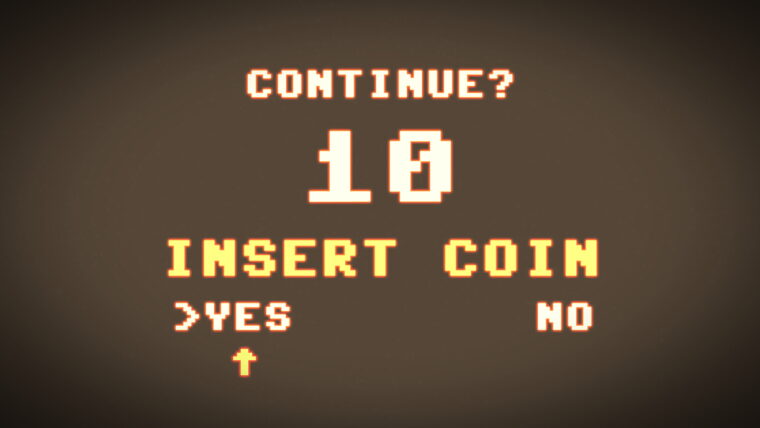This afternoon, members of the Oxford Congregation gathered to debate a ‘no confidence’ motion in David Willetts. As a piece of theatre, it’s hard to fault. David Willetts has made some big errors of judgement in his time in office and some bad policy-making has clearly left ill-feeling. We should identify what those errors have been, and call him out on them wherever and whenever we can. From the pages of the Times Higher Education, to this blog, to the Public Accounts Committee and yes even at Oxford.
But people have taken to Twitter proclaiming that as a result of this vote, David Willetts should resign. Gareth Thomas, the Labour HE spokesman called the vote ‘unprecedented and devastating.’
Well, it might be unprecedented. A room full of Oxford dons rarely agree on anything at all. But my jog around the streets of North London last night was also fairly unprecedented as I’m not really known as an outdoorsy-type. As for ‘devastating’? Seems a bit like over-kill to me. David Willetts is not accountable to 600 or so members of the Oxford congregation that voted (it’s full complement is some 4,500). And nor should he be.
I’m not condemning the vote, the debate or the people that took part in it. But a reality-check is needed. This is pageantry – quite effective pageantry as it has captured the imagination of many in the media. But Gareth Thomas, and others confused the pageant with a political event that has real-world consequences. And who knows, it might even help David Willetts in some quarters – already mistrusted by the right of the Tory party; he can wear his no-confidence vote as a badge of honour. “The Oxbridge pinkos all hate me, I must be doing something right.”
A real-world debate is happening right now and its between BIS, No.10 and the Treasury – with the advice of HEFCE and a handful of others – as deals are made to finalise HE white paper proposals. And you can be sure that the Government’s humiliating climb-down on the health white paper will be looming large over these negotiations. They simply have to get it right this time. Today’s vote at Oxford is barely even background noise in Whitehall.
The HE white paper is coming very soon indeed. When it does, a real debate about its ideas and the future of the sector will begin. We will all have a part to play and we must not get distracted by side-shows. Particularly not by those that seek to damage personalities, not influence policy. There is simply too much at stake.













Disagree. The sheer amount of media noise that this (and Cambridge on Monday) is making colours the whole atmosphere into which the White Paper will very shortly be released. Especially given the select committee pressure.
Colouring an atmosphere won’t influence the policy negotiations, particularly not at this late stage. The pressure was already very much on not to screw this one up. If I’m working on this at BIS, why should I care if some people at Oxford and on Twitter didn’t have confidence in my Tory minister?
Speaking as someone involved in helping organise the events in Oxford today (although to a far far lesser extent than others involved in the Student Union at Oxford and the academics) I think your final paragraph is unfair. When the transcript of today’s debate is put online (likely early next week) you’ll see a lot of points being made on policy. The targeting of the resolution was clearly partially designed to get media attention (mission accomplished on the evidence of today). The goal however was and remains to impact policy on a broader level. Today wasn’t a side-show to that… Read more »
@Jonny I understand your perspective, but at the end of the day, the motion was a no confidence in David Willetts himself. Obviously this guarantees more short-term media attention than a motion just condemning the HE policies of the Government. A transcript of the debate – whatever it said – wouldn’t change the resulting headlines tomorrow. And from a Government perspective, it simply looks like a personal campaign against David Willetts, which makes it much easier to dismiss.
Mark
I think your view that ‘pageantry’ has no impact on the ‘real world’ is – how can I put this delicately? – undertheorised.
@Andres Not no impact, just very little.
There was a moment, in the run up the the fees vote. The Government was in a genuine mess about HE. There was much more of a chance to change things then. Where was the University of Oxford? NUS did its best, but it was left out on a limb.
Remember we’ll be needing further legislation following the WP. BIS must have at least half-an-eye on the media climate in the run up to that.
Absolutely, but that’s not until 2012, maybe even as late as May 2012. There’s a long road ahead with this one.
I must admit I am agreeing with Mark on this. I fail to see the point in a no vote on D Willetts himself rather than the policies he brought in. It will have little impact on his duties. In my opinion Oxford / Cambridge are upset at there being a fee cap not that its set at £9k… where were they in the run up to the vote in parliament? In a back room with Ministers thrashing out the highest fee cap they could get… THe NUS / million+ were doing all they could to keep fees as low… Read more »
“If I’m working on this at BIS, why should I care if some people at Oxford … didn’t have confidence in my Tory minister?”
– Indeed, you shouldn’t care. Politics has nothing to do with truth but with naked (often financially imposed) power.
The ruling class, whose proxy governments are, is now committed to educational stupidification, mainly in the form of techne replacing episteme. At the BIS, your task is to impose this dumbing-down. The idea that you would listen to reasoned arguments against is absurd.